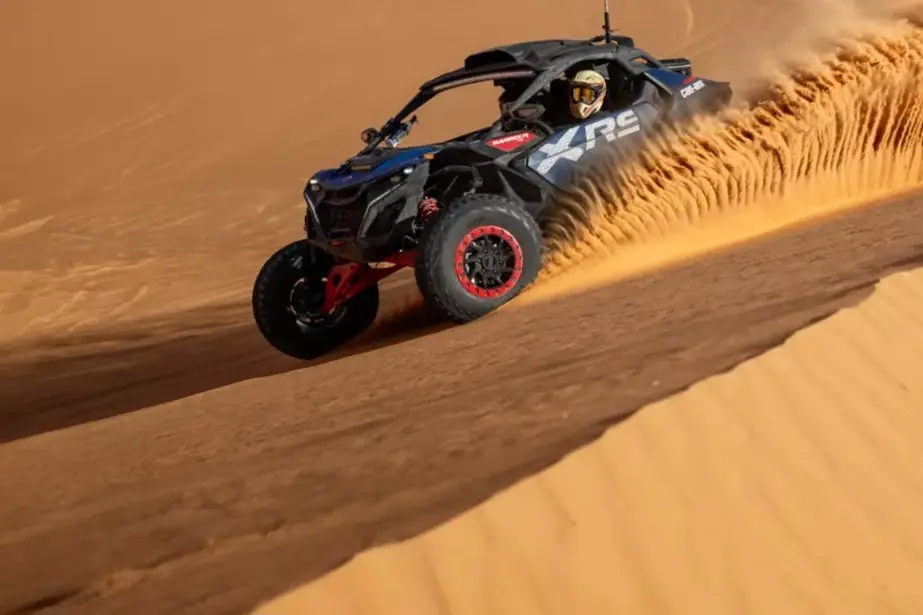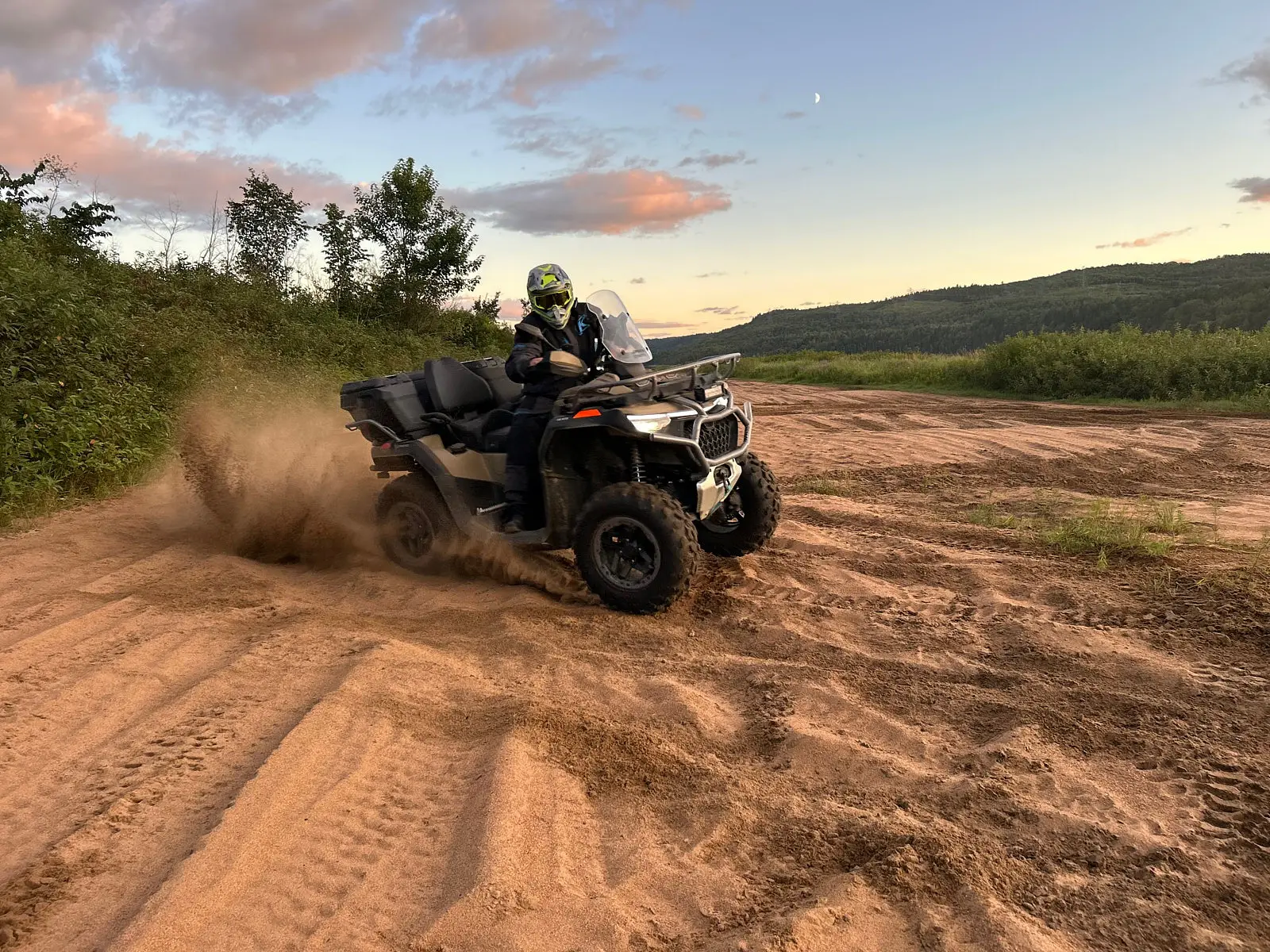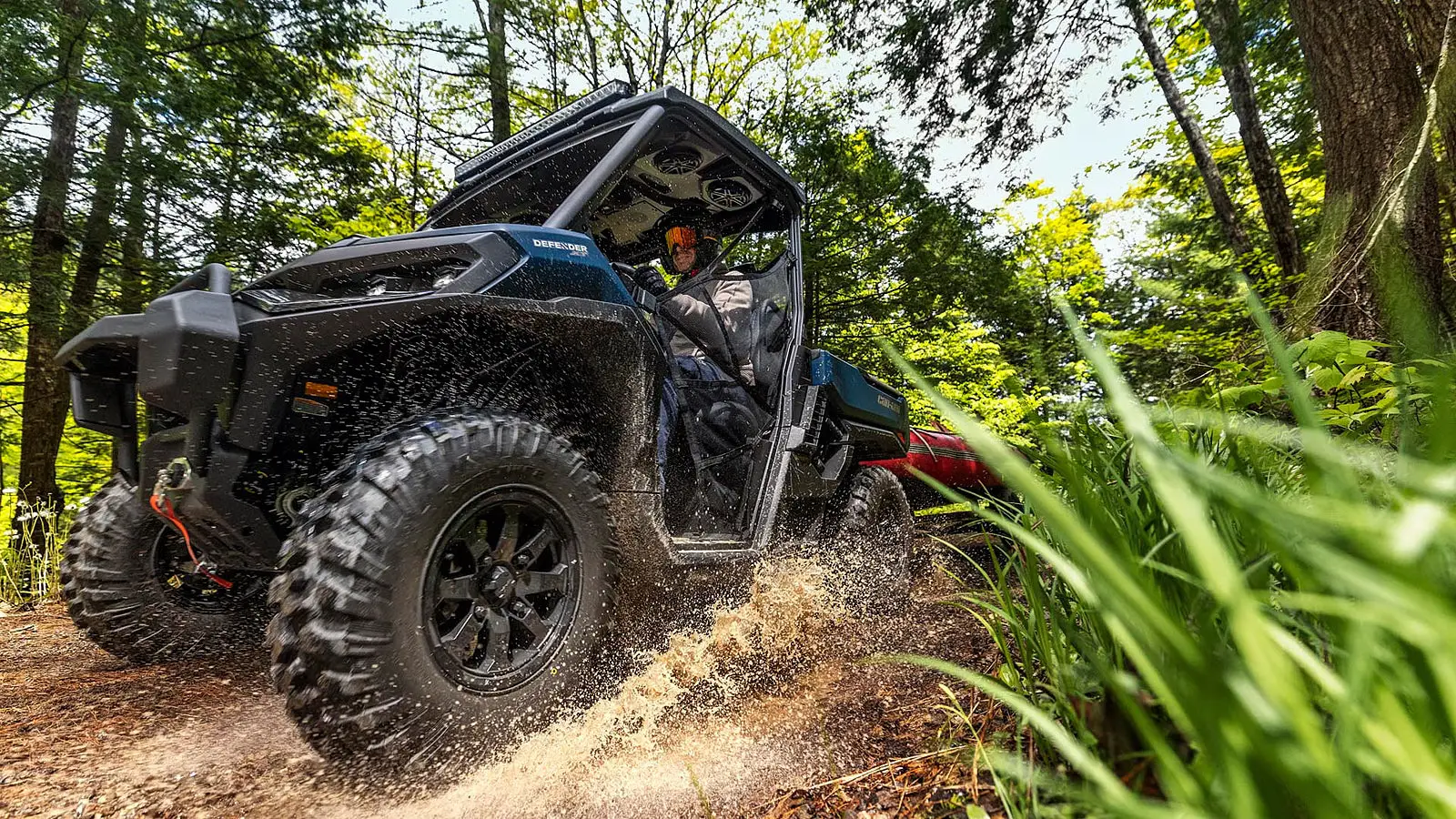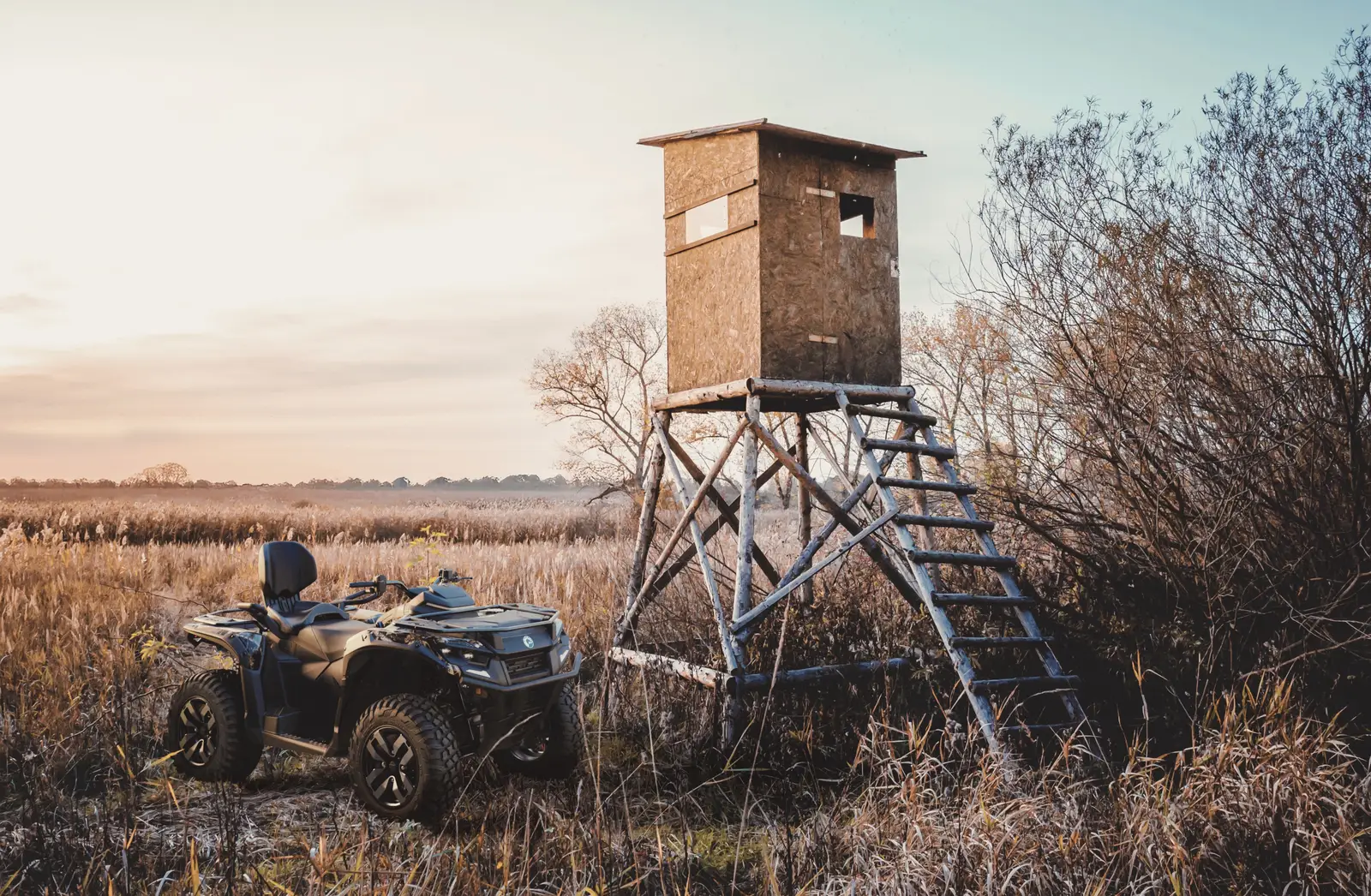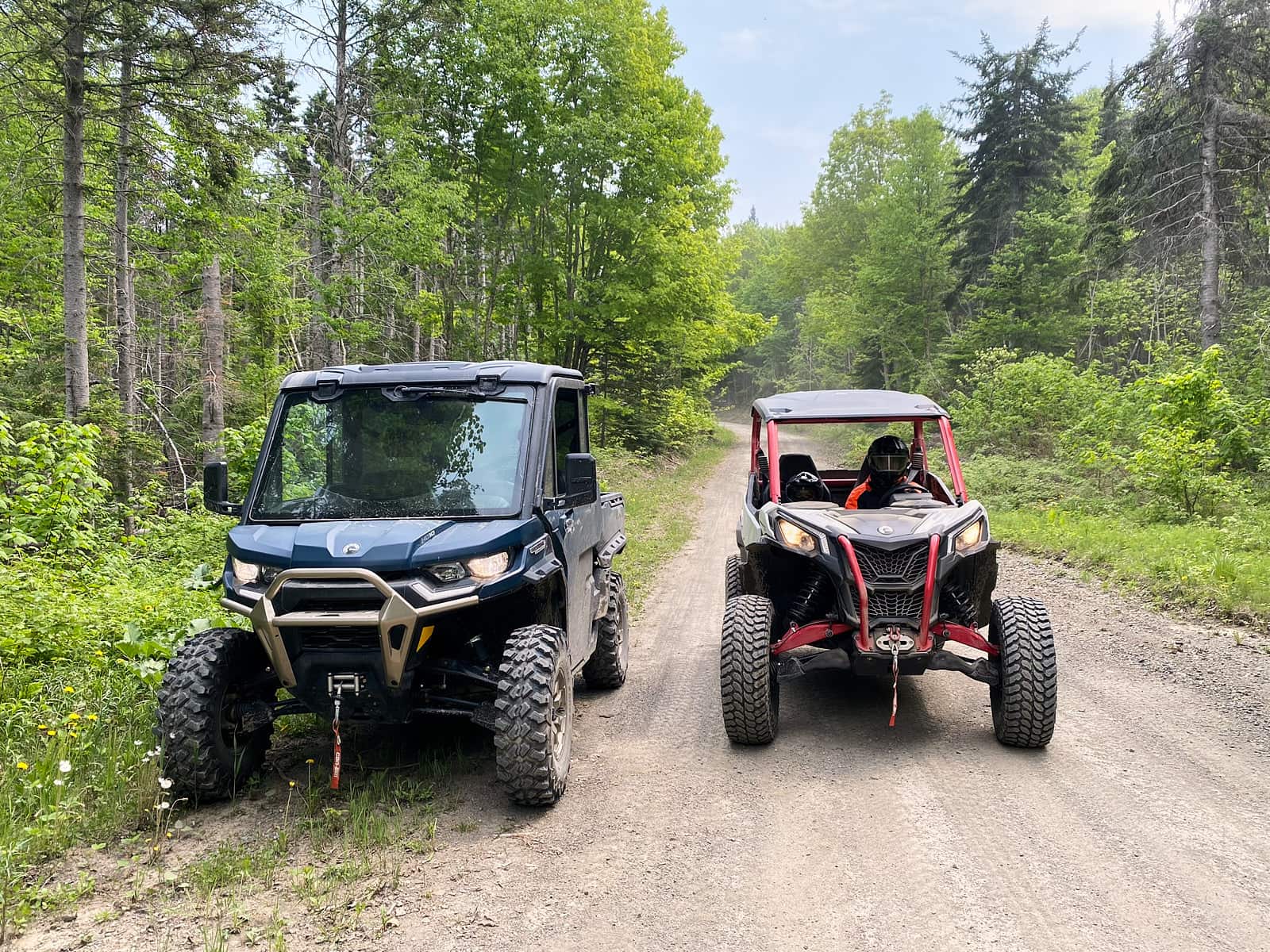Table of contents
ToggleWhen discussing off-road vehicles such as quads and side-by-sides, it’s crucial to consider the different brands available. Each brand offers unique features and performance levels that can greatly influence your outdoor experience. Do your research and choose carefully! Whether it’s Polaris, Can-Am, CFMoto, Honda, Yamaha, etc., all quad brands have their pros and cons. Most new machines are flawless for a varying length of time, depending on usage. Maintenance plays a big role as well. However, some brands are known for having certain long-term issues. I will try to list a few. This way, you can prevent and avoid the inevitable.
Please note that this is NOT an article to promote one model over another. Instead, it is a text to highlight potential long-term problems that you can avoid. I am only discussing brands I know well or have owned.
Mechanical Problems With Polaris Quads
Polaris quad bikes and side-by-sides have experienced their share of issues over the years, as with any off-road vehicle. Between 2010 and 2020, some of the frequently encountered mechanical issues included belt wear or burning (for several RZR models), engine problems that can cause the engine to stall or lose power (for older Sportsman models), and CVT transmission difficulties (less common than the others).
Polaris Sportsman models, from 2014 to today, are also known for having voltage regulator problems. You just need to have a spare one. It’s inexpensive online and quite easy to replace yourself.
Don’t forget the problem with the air filter on several Polaris RZR 800 models from 2008 to 2012. Indeed, a leak caused the air filter to become clogged. This could cause premature engine wear and very costly damage.
From personal experience, I have a 2018 Polaris Sportsman 570. It’s my wife’s quad. She has tested this machine in all terrains and temperatures. It has always made it back home. With 15,000 km on the odometer, we have only needed normal maintenance!
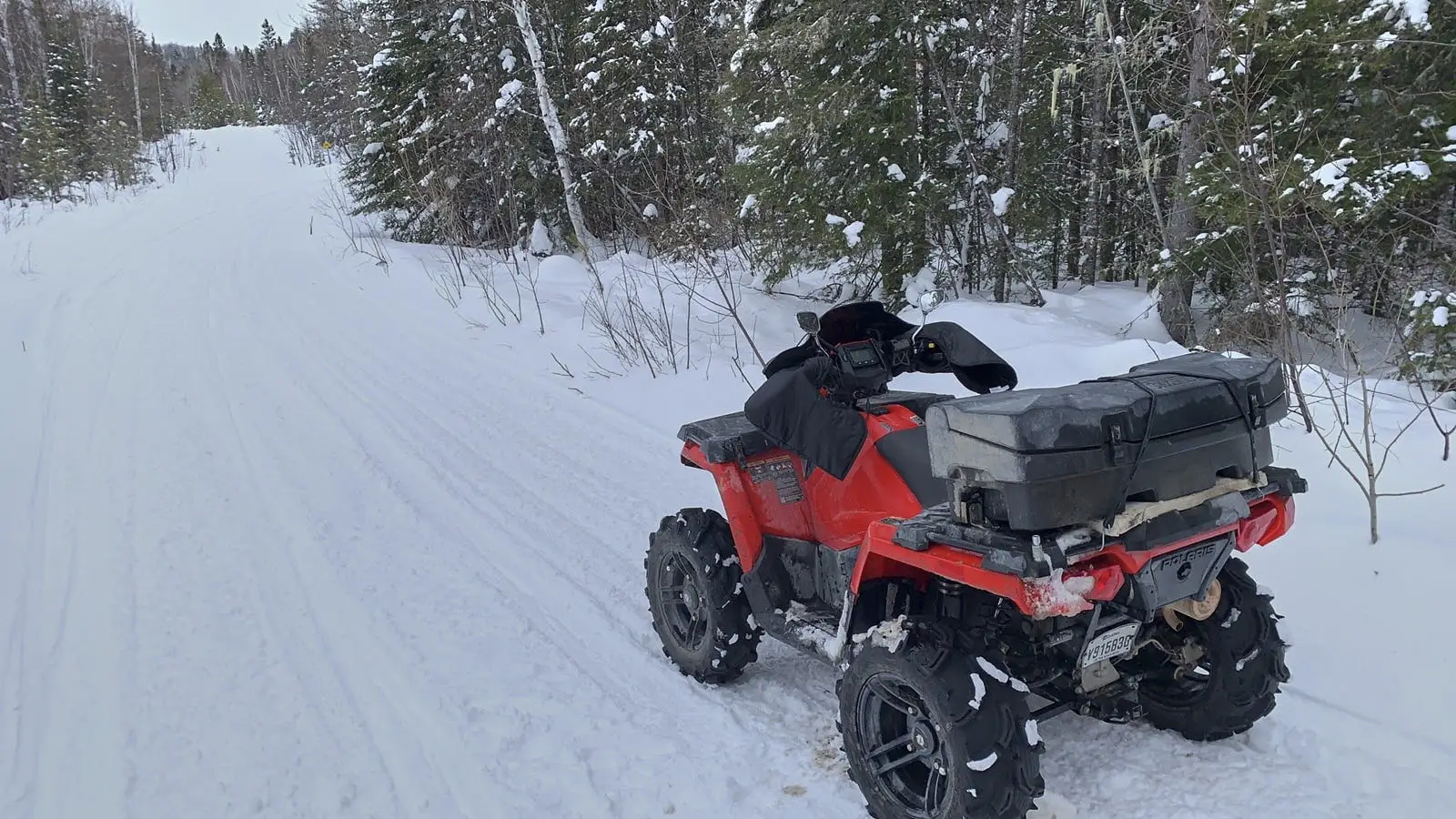
Overheating and Transmission Issues With Can-Am
Can-Am ATVs and side-by-sides have encountered various problems during the 2010–2020 decade. Among the technical issues frequently reported by users are engine overheating problems. This is particularly true for the Outlander and Renegade models. These models also experienced CVT transmission failures. This was due to poor sealing that allowed water and mud to enter.
Additionally, the Maverick had issues with its electrical components, including dashboard failures and lighting system problems.
It’s important to note that Can-Am has taken steps to address these issues over time, often through recalls and technical improvements on new models.
Interestingly, I personally use a 2020 Maverick Trail DPS 800. I have 12,000 km on it and have not incurred any expenses other than normal maintenance and fuel!
Mechanical and Electrical Challenges for CFMoto
CFMoto products faced some challenges between 2010 and 2016. Among the frequently reported technical issues are transmission problems, especially with the 2013 models where variable speed drive failures were noted. Seals and bearings also caused issues, leading to oil leaks and unusual noises during driving.
On some 2015 models, defects in the electrical system were identified. These cause hard starts and sudden breakdowns. It’s even referred to as “cold CFMoto death” on YouTube. It’s important to note that these problems are not systematic and vary depending on vehicle usage and maintenance.
The 2017 Cforce 500 HO model was specifically mentioned for durability challenges during long-term testing. It was subjected to extreme conditions such as very rough terrains and water crossings, which tested its limits. Results were mixed.
Although CFMoto has had its share of problems in the past, newer models are now very competitive and reliable. However, they are still difficult to evaluate over the long term. One thing is certain: simple mechanical breakdowns have ceased, and CFMoto is now on par with most of its competitors in terms of robustness and reliability.
Sensor and Engine Issues With Yamaha
Yamaha vehicles from 2010 to 2020 have experienced some mechanical problems. Among the most common are issues related to engine error codes. These indicate specific problems such as faulty throttle position sensors, issues with intake air temperature sensors, or coolant temperature sensors that fail.
All this can lead to a complete engine failure. After 2020, Yamaha returned to its own engines, thus restoring its past reliability. I have personally never owned a Yamaha. However, several friends do, and they are generally satisfied.
Electrical and Transmission Issues for Honda
Honda ATVs and side-by-sides from 2010 to 2020 are generally known for their reliability and build quality. However, like any vehicle, they can encounter mechanical problems over time. Known issues include transmission problems, particularly with the gearbox. This can lead to vibrations or difficulties in shifting gears. It is also known that Honda transmissions don’t handle water very well in newer models, such as the Talon.
Electrical problems are also worth watching, especially concerning the alternator and battery. Indeed, in cold climates, the battery can show signs of weakness more quickly. It is worth noting that some models may have issues with brake system components, which are crucial for safety. Recalls have been made for these two issues.
You know what? I used to own a Honda Big Red that still runs after its fifth owner. That’s to say, Honda lasts a long time! When you know how to take care of them.
Some Mechanical Defects of Kawasaki Quads
Last but not least, the good old “Kawas.” Kawasaki ATVs and side-by-sides have experienced various mechanical problems between 2010 and 2020. Among the technical issues often reported by users are problems with the cooling system, transmission, and suspensions.
Cooling
Some models had issues with the radiator or fan, leading to engine overheating. There was a recall for this.
Transmission
Failures in the gearbox, particularly on newer models equipped with CVT transmissions, have been reported. These problems often manifest as unusual noises. A recall was issued.
Suspension
Shocks and forks may show signs of premature wear or failure. This affects the comfort and handling of the vehicle, especially on older models. However, Kawasaki has not announced any recalls for this.
I owned a 1992 Kawasaki Bayou. It finally gave out after three decades of good and loyal service. Oil leaks and general aging eventually got the better of it! Thirty years is still a good investment.
In Conclusion
In closing, you may have noticed that I only talk about models from 2020 and older. The aim is to discuss models that have already accumulated several thousand kilometres to assess their long-term reliability.
I kept my descriptions general to avoid making the text too cumbersome, but it still gives a general idea. There are certainly other issues that I may have omitted; please forgive me, one can’t know everything. Thank you for reading!




